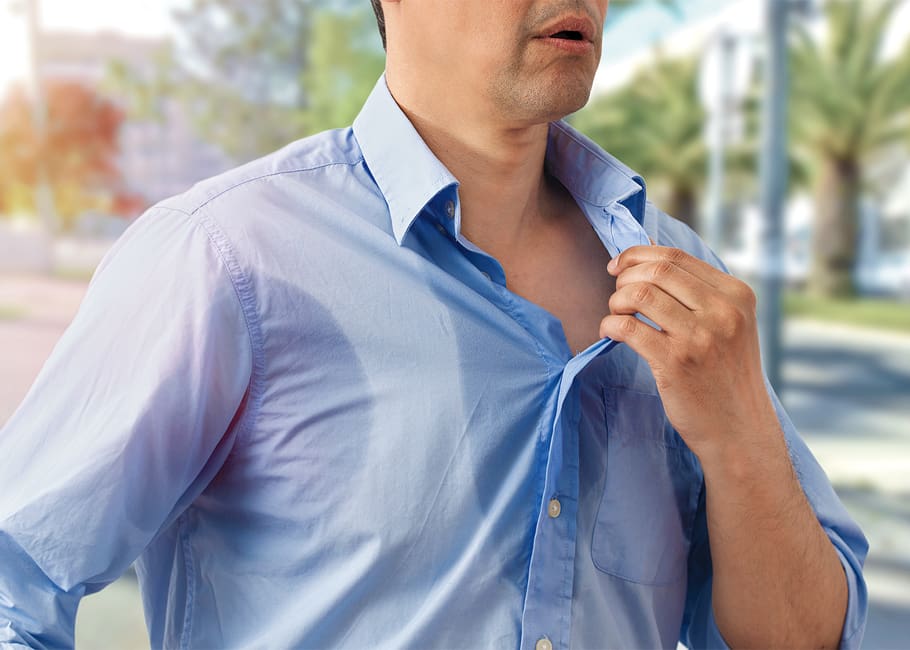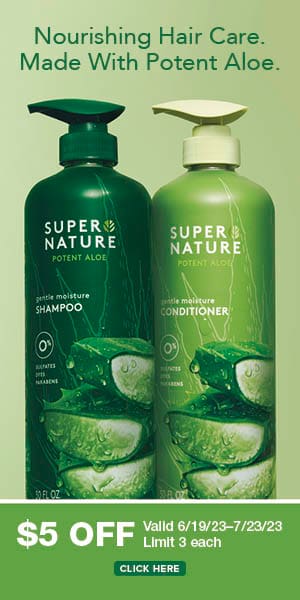For Your Health

© cunaplus / Stock.adobe.com
Sweat equity
An examination of perspiration
by lance frazer
Everyone sweats. Whether it’s due to nerves, exercise, work or just a really hot day, our pores open and release fluid, so we can cool off by evaporation. “Sweat just means that your body temperature is elevated and you need to stay hydrated,” says Costco member Christopher Minson, a professor in the Department of Human Physiology at the University of Oregon.
When we can’t sweat, or sweat when we don’t need to, it’s time to worry.
Unusual symptoms
Excessive sweating without apparent cause (hyperhidrosis) is more socially disruptive than harmful, and usually treatable with medications. Night sweats are associated with menopause, but also with more serious conditions, such as certain cancers. If you experience them, it’s wise to follow up with a doctor visit.
You should also be alarmed when you can’t sweat (anhidrosis), says Dr. Lewis Nelson, chief of the Division of Medical Toxicology at Rutgers New Jersey Medical School, as this can lead to heat exhaustion and heatstroke, with serious impacts on the body and brain.
A range of congenital or genetic conditions can have an impact on the ability to sweat, as can a variety of conditions, including psoriasis, burns, Parkinson’s disease and multiple sclerosis. “There are also reactions to some medications that will decrease sweating—some for an overactive bladder or incontinence, and certain medications for depression,” adds Minson. “If you’re exercising and are unable to sweat, you can become overheated in as little as 10 minutes.”
Staying on top of fluid loss
Sweat can pull critical substances like sodium and magnesium from the body. Too much sweating without replacing lost fluids can lead to heat exhaustion, with spasms, muscle cramps, nausea and tiredness. Go beyond that point and you run the risk of heatstroke, which can be fatal.
Minson points out that sweating removes critical electrolytes, and adds that as the body’s temperature increases, key proteins begin to break down, with a serious effect on the brain.
“The key thing is to replace the body’s lost fluids and electrolytes,” says Dr. S. Max Vale, a clinical assistant professor in the University of Washington School of Medicine’s dermatology division. “Stay away from anything with alcohol in it, as alcohol is a diuretic [as is caffeine]. In extreme circumstances, you can also go to electrolyte solutions like Gatorade and Powerade, but under most conditions, you’ll want to stay with water.”
Adds Minson. “Listen to your body: If you’re feeling thirsty, drink!”
Lance Frazer is a freelance writer in Cameron Park, California.
Costco Connection: Water and a variety of sports drinks and electrolyte replacement items are available in Costco warehouses and at Costco.com.



